Introduction – best POS system for small business
Finding the best POS system for small business can not only streamline your operations but also provide valuable insights into your sales and help you grow your business efficiently.
When running a small business, one of the most critical tools you can invest in is a POS (Point of Sale) system. A good POS system is more than just a cash register; it’s a comprehensive tool that handles sales, inventory management, reporting, and customer interactions all in one place.
In this article, we will explore the top five POS systems for small businesses in 2024. We’ll delve into their features, pricing, and the pros and cons of each system. Additionally, we’ll answer the most common questions small business owners have when choosing the right POS system.
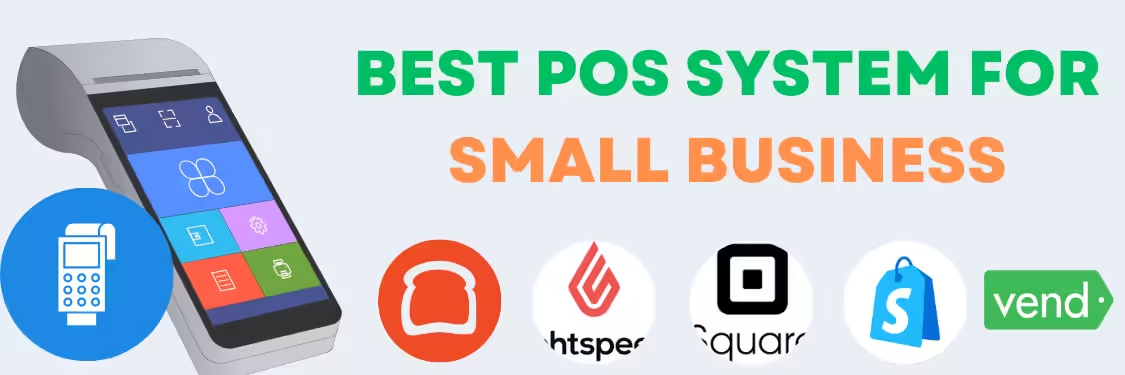
Table of Contents – best POS system for small business
Why a POS System is Essential for Small Businesses
A POS system is an essential tool for managing transactions, but it’s also much more. These systems can track inventory, generate detailed sales reports, manage employee productivity, and enhance customer experiences. For small business owners, a POS system can be the difference between a chaotic day of operations and smooth, efficient workflows.
Key Benefits of POS Systems:
- Transaction Management: Process payments seamlessly.
- Inventory Management: Automatically track stock levels.
- Reporting: Get insights into sales trends, busiest hours, and more.
- Customer Relationship Management: Keep track of customer preferences and loyalty.
- Employee Management: Monitor sales performance and work hours.
1. Square POS
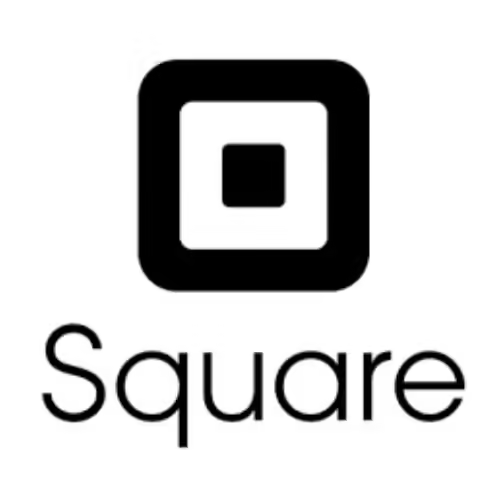
Square POS is one of the most popular POS systems for small businesses and is the best POS system for small business, known for its user-friendly interface and flexibility. Whether you run a retail store, restaurant, or mobile business, Square provides a solution that is both affordable and powerful. It offers a free version, making it accessible to startups and growing businesses alike.
Features:
- Free POS app for mobile and tablet
- Integrated payment processing
- Advanced inventory management
- In-depth sales reporting and analytics
- Multi-location management
- Employee management tools
Pricing:
- Free Plan: 2.6% + 10¢ per transaction
- Square for Retail: $60/month per location
- Square for Restaurants: $60/month per location
Pros:
- No monthly fees for the basic plan
- Easy to set up and use
- Flexible for various business types
- Great customer support
Cons:
- Processing fees can add up
- Limited features in the free version
2. Shopify POS
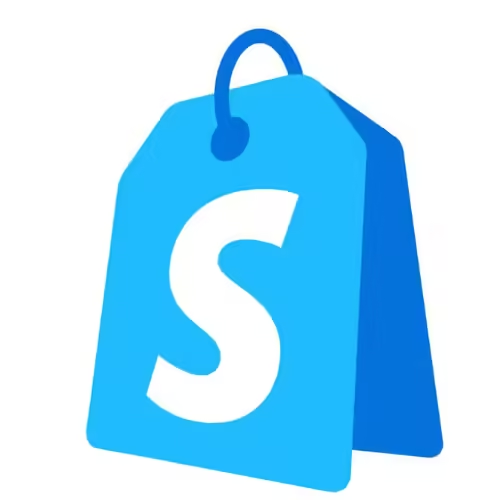
For e-commerce businesses that also sell in physical stores and thats best POS system for small business online, Shopify POS is a top choice. Shopify integrates seamlessly with its online store platform, providing a unified system for managing both in-store and online sales. It’s ideal for businesses that want to manage their inventory and sales across multiple channels.
Features:
- Integrated with Shopify’s online store
- Supports omnichannel sales
- Customizable checkout process
- Inventory management across online and physical stores
- Gift cards and loyalty programs
Pricing:
- Lite Plan: Included in Shopify e-commerce plans (starting at $29/month)
- Pro Plan: $89/month per location
Pros:
- Seamless integration with Shopify’s e-commerce platform
- Comprehensive omnichannel capabilities
- Great for retail businesses with both online and physical stores
Cons:
- Expensive for businesses without an e-commerce focus
- Limited features in the Lite Plan
3. Lightspeed POS
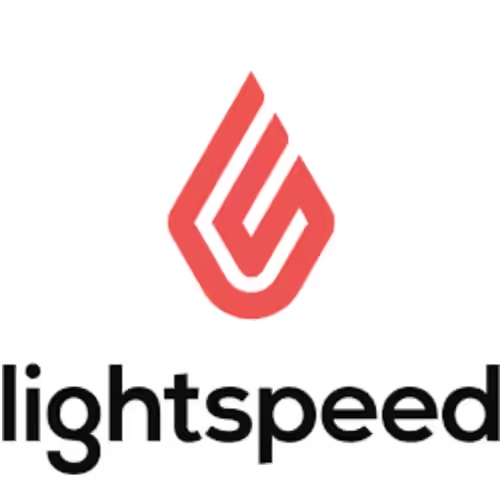
Lightspeed POS is a cloud-based system designed for retail, restaurants, and e-commerce businesses. It stands out for its powerful inventory management tools and extensive customization options. Lightspeed is ideal for businesses that need advanced functionality and are willing to invest in a robust system.
Features:
- Advanced inventory management with product variants
- Detailed reporting and analytics
- Multi-store capabilities
- Customer relationship management (CRM)
- Built-in loyalty programs
Pricing:
- Basic Plan: $69/month
- Standard Plan: $119/month
- Advanced Plan: $199/month
Pros:
- Highly customizable for specific business needs
- Strong inventory management features
- Great reporting and analytics
Cons:
- Steep learning curve
- Higher cost compared to competitors
4. Vend POS
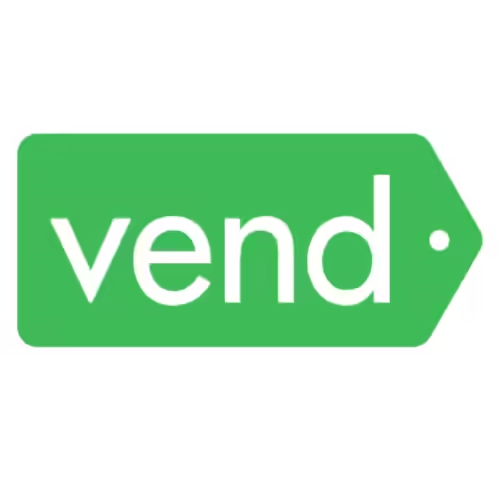
Vend POS is another powerful system tailored for retail businesses. It offers strong inventory management features, robust reporting tools, and an intuitive interface. Vend is cloud-based, allowing businesses to access their data from anywhere.
Features:
- Inventory management with reorder capabilities
- Real-time sales reporting
- Integrated loyalty programs
- Multi-outlet support
- Custom receipts and branding
Pricing:
- Lite Plan: $99/month
- Pro Plan: $129/month
- Enterprise: Custom pricing for large businesses
Pros:
- Excellent for retail businesses
- Easy-to-use interface
- Comprehensive inventory management
Cons:
- Expensive for smaller businesses
- Limited features in the Lite Plan
5. Toast POS
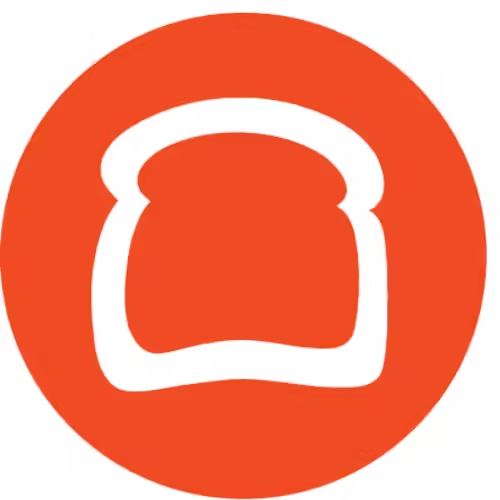
Specifically designed for restaurants, Toast POS offers features tailored to the foodservice industry, including table management, menu customization, and online ordering. Toast provides a combination of hardware and software that makes it a complete solution for restaurants and cafes.
Features:
- Table management and order tracking
- Customizable menu options
- Online ordering and delivery integrations
- Employee time tracking
- Detailed reporting and analytics
Pricing:
- Starter Kit: Free (processing fees apply)
- Essentials: $99/month
- Growth Plan: $165/month
Pros:
- Industry-specific features for restaurants
- Affordable for small food businesses
- Great customer support
Cons:
- Limited to foodservice businesses
- Can be expensive as the business scales
What to Consider When Choosing the Best POS System for Small Business
When selecting a POS system for your business, it’s important to consider several factors:
- Business Type: Different POS systems cater to specific industries (retail, restaurants, e-commerce, etc.).
- Ease of Use: For small businesses, a user-friendly interface is essential to reduce training time and errors.
- Cost: Look at the total cost, including hardware, software, and transaction fees.
- Features: Ensure the POS system offers essential features such as inventory management, reporting, and employee management.
- Scalability: Choose a system that can grow with your business, supporting additional locations and users.
Top 10 Questions About POS Systems for Small Businesses
- What is a POS system, and why is it important for small businesses?
- A POS system is a tool for managing sales, transactions, and inventory, making it crucial for efficient business operations.
- Which POS system is best for retail businesses?
- For retail businesses, Vend POS and Lightspeed POS are top options due to their robust inventory management features.
- Can I use a POS system on my mobile device?
- Yes, many POS systems like Square offer mobile-friendly options.
- How much does a typical POS system cost?
- Costs vary from free plans (Square) to advanced systems that charge $199/month (Lightspeed).
- Do I need internet access to use a POS system?
- Cloud-based systems like Vend and Lightspeed require internet access, but some offer offline capabilities.
- How do POS systems handle inventory management?
- POS systems track stock levels, send reorder alerts, and manage product variants, which helps with inventory control.
- What are the best POS systems for restaurants?
- Toast POS is designed specifically for restaurants, offering features like table management and online ordering.
- Can a POS system integrate with my accounting software?
- Yes, many POS systems, including Square and Shopify, integrate with accounting software like QuickBooks.
- Is customer support available for POS systems?
- Most systems offer customer support, though availability and quality can vary.
- What are the hidden costs of a POS system?
- Hidden costs may include transaction fees, hardware costs, and add-ons like loyalty programs or advanced reporting.
Conclusion for the best POS system for small business
Choosing the best POS system for small business is crucial for streamlining operations, improving customer experience, and driving growth. Each of the five POS systems we reviewed—Square, Shopify POS, Lightspeed, Vend, and Toast POS—offers unique strengths tailored to different types of small businesses. Whether you’re running a retail store, a restaurant, or an e-commerce business, investing in the right POS system can significantly impact your efficiency and profitability.
As you consider which POS system is best for your business, don’t forget to check out our other articles like Best HR Software for Startups, Best Project Management Software, and Time Tracking Software for Small Business to round out your toolkit.
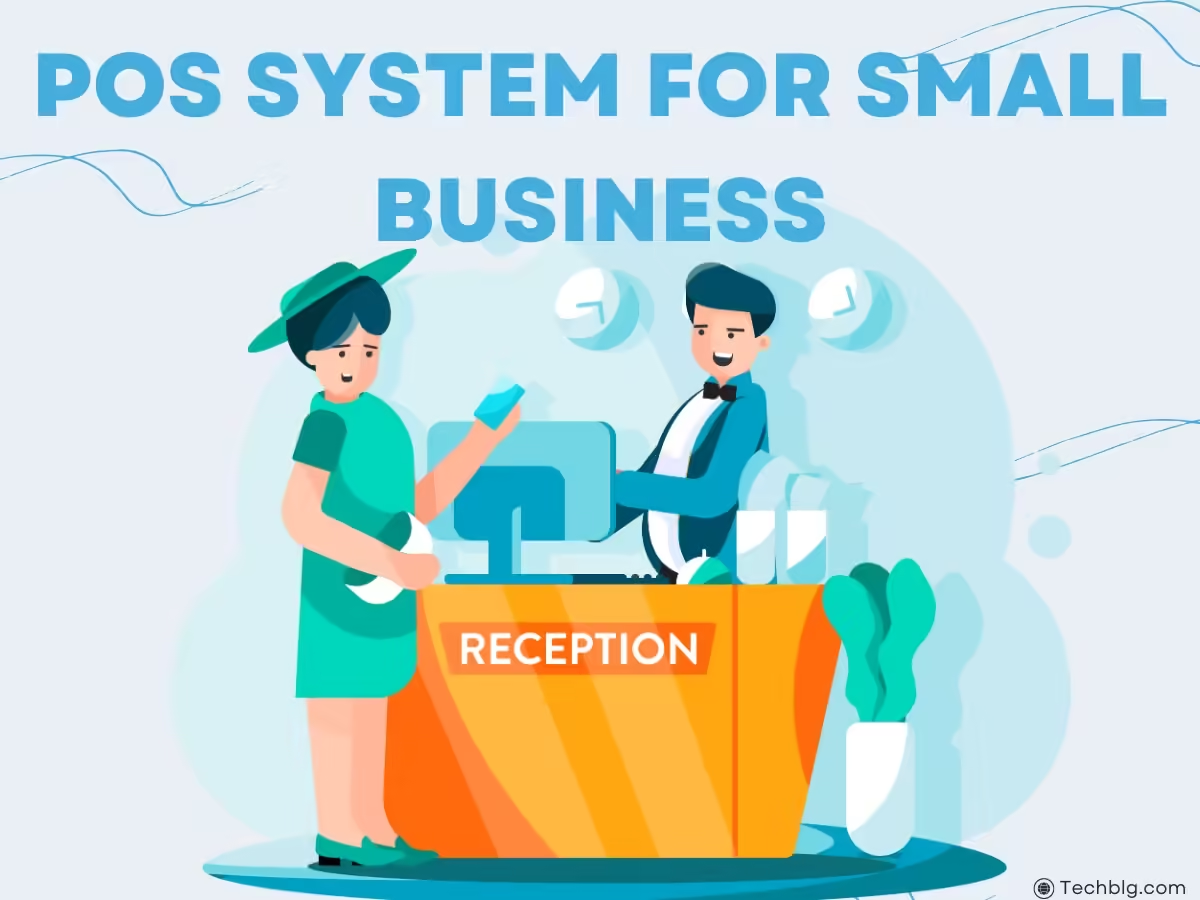
Leave a Reply